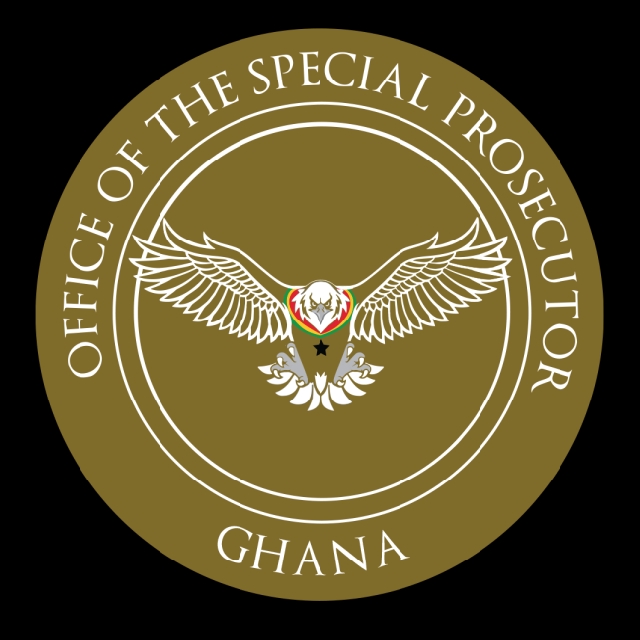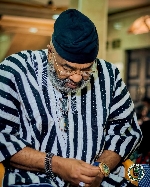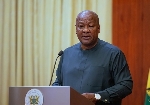OSP under fire for alleged media bias
 OSP logo
OSP logo
The Media Relations Department of the Office of the Special Prosecutor (OSP) is facing criticism over what many have described as a discriminatory media invitation process during a press conference held on Monday, June 2, 2025.
The event, which was intended to address pressing corruption issues involving former Finance Minister Ken Ofori-Atta, saw the exclusion of several media houses perceived to be aligned with the National Democratic Congress (NDC).
Prominent outlets such as Radio Gold, The Democrat, and Class Media Group were denied access to the event, raising concerns about transparency and fairness.
Only a select group of media houses—including Daily Guide, The Chronicle, UTV, and Peace FM, all considered pro-New Patriotic Party (NPP)—were officially invited to cover the press conference.
According to eyewitness accounts, a reporter from Class TV who attempted to attend was turned away at the venue.
During an exchange with the Head of Media Relations at the OSP, the officer reportedly stated, “Class TV has never been on my media list,” and declined a request for the reporter to attend the event merely as an observer.
Media professionals and civil society organisations have expressed concern over what appears to be a continuation of past partisan media practices allegedly encouraged under the previous NPP administration.
Critics argue that such selective engagement undermines public trust and restricts access to information of national importance.
“This is not just about media access,” said one media analyst. “It’s about the integrity of the anti-corruption fight and the ability of all Ghanaians—regardless of political affiliation—to stay informed.”
The exclusion of certain media houses also appears to contradict President John Dramani Mahama’s commitment to restoring transparency and fairness in governance, particularly in matters concerning the fight against corruption.
Observers are calling for immediate action to ensure that the OSP and other government institutions adopt an inclusive and non-partisan approach to media relations, especially when addressing issues that affect the entire nation.
Source: Classfmonline.com/Edem Afanou
Trending News

Eyewitness disputes AG’s $7m claim in Adu-Boahene trial
13:31
Accra marks 10th anniversary of June 3rd disaster with climate summit and citywide clean-up today
06:25
GA/R: Ablekuma West MP inspects gutter dredging project to tackle flooding in Dansoman
09:49
MPox virus can last in sperm for six months- Nurse reveals
13:25
FNBSPH-UHAS trains journalists on nutrition, public health to drive change through media advocacy
01:31
Said Sinare caught in a victory that has forgoten him- NPP's Rashid Salifu mocks
09:31
”I almost gave up” Amenfi Central MP opens up about emotional struggle ahead of election victory
13:15
Mahama: Illegal miners removed from eight forest reserves as gov’t steps up sustainable mining reforms
13:44
Deputy Attorney-General confirms serious criminal probe against Chairman Wontumi
07:12
Western Region grapples with Mpox outbreak: A growing concern
13:01




